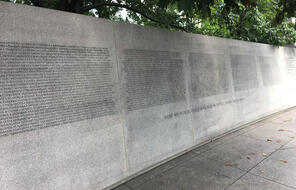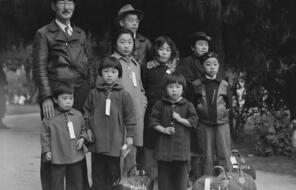Resource Library
Find compelling classroom resources, learn new teaching methods, meet standards, and make a difference in the lives of your students.
We are grateful to The Hammer Family Foundation for supporting the development of our on-demand learning and teaching resources.

Introducing Our US History Curriculum Collection
Draw from this flexible curriculum collection as you plan any middle or high school US history course. Featuring units, C3-style inquiries, and case studies, the collection will help you explore themes of democracy and freedom with your students throughout the year.
3282 Results
Create a Goal and Discover Your “Why”
This student goal-setting activity helps students set SMART personal goals for the school year and discover their source of motivation.
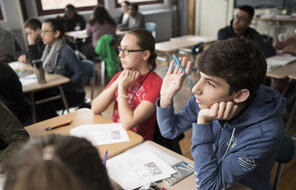
Pronouncing Names
Students examine the importance of pronouncing names correctly through this class activity.
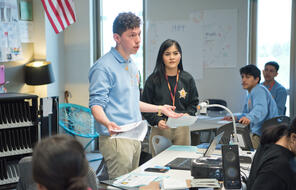
Creating Healthy News Habits
Help students develop healthy habits for protecting their mental health while staying informed and taking action.
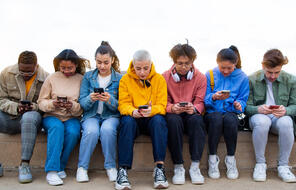
What Does It Mean to Come of Age? | Introductory Lesson
Students build a schema for the resources they’ll encounter in the Coming of Age collection by exploring what it means to “come of age” in the world today.
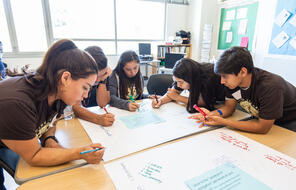
What Makes Hate Crimes Different from Other Crimes?
Students learn what hate crimes are and how they can take care of themselves and others while learning about hate crimes.
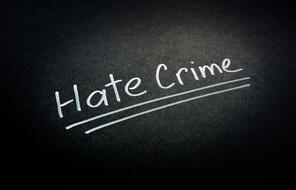
How Do Hate Crimes Impact People and Communities?
Students learn about the impact that hate crimes have on people and communities and the importance of fostering belonging in our communities.

Who Are the Victims and Perpetrators of Hate Crimes?
Students explore the data on survivors of hate crimes, as well as research on the motives and behavior of perpetrators.

How Can Hate Crimes Impact Schools?
Students learn about the impact that a hate crime committed by a group of high school seniors had on their school.
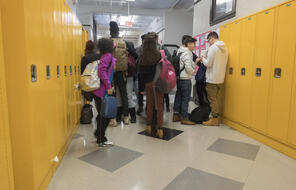
How Can People Promote Belonging in Their Communities?
In the fifth lesson in a five-part series, students learn about community initiatives that promote belonging and counteract hate.
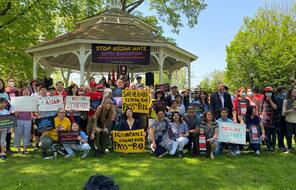
Forging Jewish Identity as a Minority
This two-day lesson introduces students to the richness and complexity of Jewish identity.
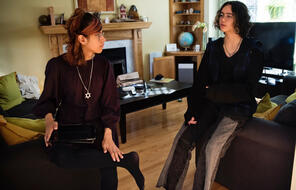
Monuments to Japanese American Incarceration
Students analyze monuments to Japanese American incarceration and consider the purpose and emotional impact of these monuments.
